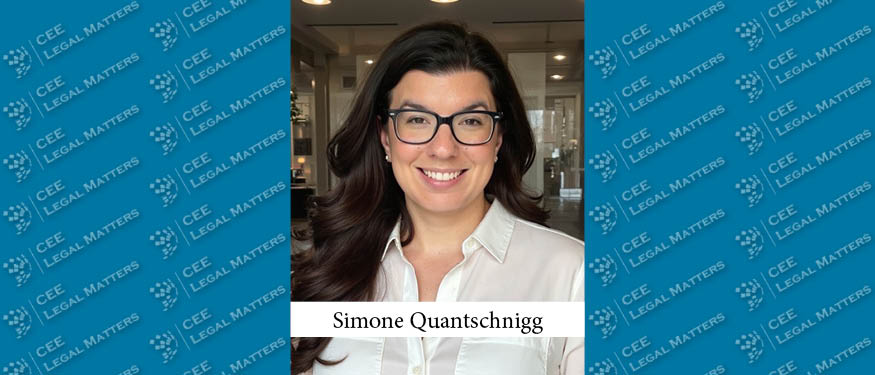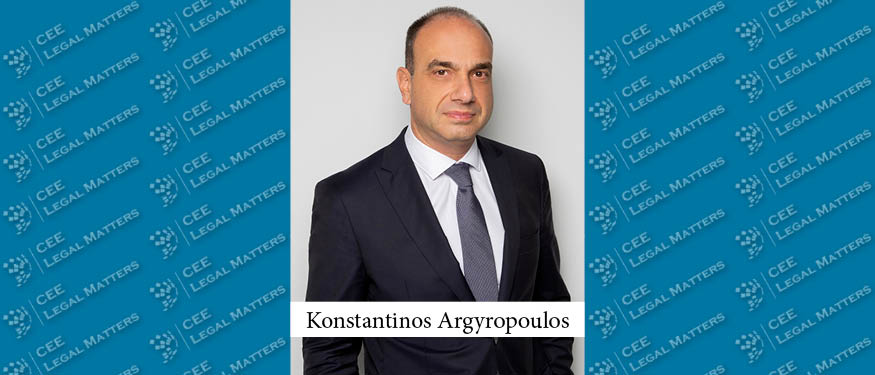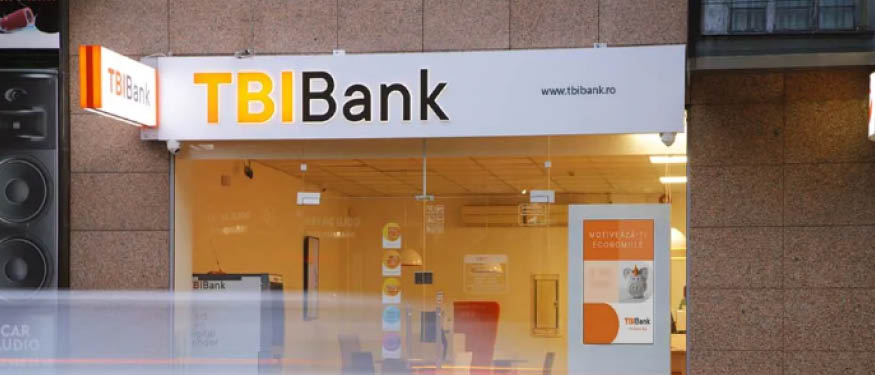Contributed by Graf Patsch Taucher, member of PONTES
CEELM Covid-19 Comparative Legal Guide: Contracts in Bulgaria
Contributed by Gugushev & Partners, Member of PONTES
CEELM Covid-19 Comparative Legal Guide: Contracts in Czechia
Contributed by Rowan Legal
CEELM Covid-19 Comparative Legal Guide: Contracts in Estonia
Contributed by Cobalt
CEELM Covid-19 Comparative Legal Guide: Contracts in Hungary
Contributed by Nagy es Trocsanyi
CEELM Covid-19 Comparative Legal Guide: Contracts in Lithuania
Contributed by Cobalt
CEELM Covid-19 Comparative Legal Guide: Contracts in Poland
Contributed by Penteris
CEELM Covid-19 Comparative Legal Guide: Contracts in Romania
Contributed by Ijdelea Mihailescu
CEELM Covid-19 Comparative Legal Guide: Contracts in Serbia
Contributed by JPM Jankovic Popovic Mitic
CEELM Covid-19 Comparative Legal Guide: Contracts in Latvia
Contributed by Cobalt
CEELM Covid-19 Comparative Legal Guide: Contracts in Slovenia
Contributed by Law firm KBP, member of Adriala
CEELM Covid-19 Comparative Legal Guide: Contracts in North Macedonia
Contributed by Knezovic & Associates, member of Adriala
CEELM Covid-19 Comparative Legal Guide: Contracts in Turkey
Contributed by Kolcuoglu Demirkan Kocakli































